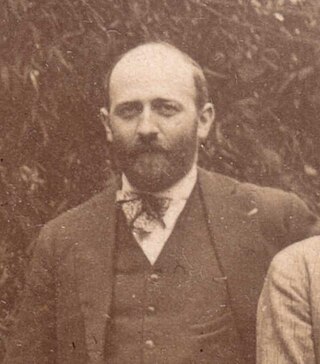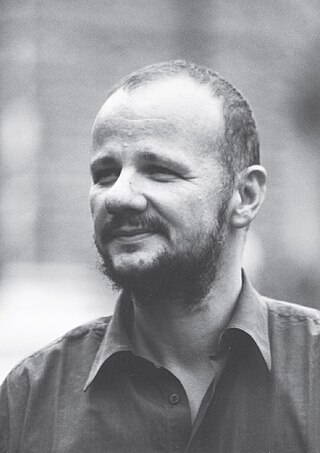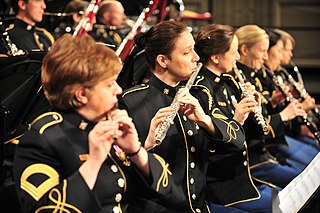J. Ryan Garber (born 1973) is an American composer of contemporary (classical) music.
J. Ryan Garber (born 1973) is an American composer of contemporary (classical) music.
Garber began musical studies on the piano at age four. He subsequently became proficient on the bassoon and organ as well. His undergraduate and master's degrees are from James Madison University (Harrisonburg, VA). At JMU he studied composition from John S. Hilliard, a former student of Karel Husa and Donald Erb. His Doctor of Music degree is from Florida State University where his primary teacher was the eminent Czech-American composer, Ladislav Kubik. Other notable composers that worked (on a limited basis) with Garber on his music include: Donald Erb, Libby Larsen, Nancy Van de Vate, and Ellen Taaffe Zwilich.
Garber has composed numerous works for almost every genre, the most notable exceptions being opera. His music has been performed in many parts of the US as well as in Europe. For his compositions, he has been recognized and/or awarded from five national organizations. [1]
He was named the "Tennessee Composer of the Year" by the Tennessee Music Teachers Association in 2002. [2]
Along with saxophonist Richard J. Scruggs, Garber is part of the Garber-Scruggs Duo. Garber has served as a church organist in Virginia, Florida, and Tennessee. He plays bassoon in the Knoxville Wind Symphony.
See: Ryan Garber works
Jean René Désiré Françaix was a French neoclassical composer, pianist, and orchestrator, known for his prolific output and vibrant style.
Alan Ridout was a British composer and teacher.
Walter Sinclair Hartley was an American composer of contemporary classical music.

Augusta Read Thomas is an American composer and University Professor of Composition in the Department of Music at the University of Chicago, where she is also director of the Chicago Center for Contemporary Composition.

Iša František Krejčí was a Czech neoclassicist composer, conductor and dramaturge.
Bernhard Heiden was a Jewish emigre from Nazi Germany and a German-American composer who taught as a professor at the Indiana University School of Music from 1946 until his retirement in 1981.
John Mackey is an American composer of contemporary classical music, with an emphasis on music for wind band, as well as orchestra. For several years, he focused on music for modern dance and ballet.

Alexis Fernand Félix Jean Rivier was a French composer of classical music in the neoclassical style.

Frigyes Hidas was a Hungarian composer.

Donald Henry Kay AM is an Australian classical composer.
Gary Alan Kulesha is a Canadian composer, pianist, conductor, and educator. Since 1995, he has been Composer Advisor to the Toronto Symphony Orchestra. He has been Composer-in-Residence with the Kitchener-Waterloo Symphony (1988–1992) and the Canadian Opera Company (1993–1995). He was awarded the National Arts Centre Orchestra Composer Award in 2002.

The trumpet repertoire consists of solo literature and orchestral or, more commonly, band parts written for the trumpet. Tracings its origins to 1500 BC, the trumpet is a musical instrument with the highest register in the brass family.
Jiří Teml is a Czech composer and radio producer.
Jeff Hamburg is an American composer. Born in Philadelphia, he studied acoustics and composition at the University of Illinois and moved to the Netherlands in 1978 to continue his studies at the Royal Conservatory of The Hague with Louis Andriessen. In 1986, he received the Conservatory Prize. He further studied French Horn at the Royal Conservatory and later conducted classes with David Porcelijn at the Conservatory of Utrecht.
Ida Rose Esther Gotkovsky is a French composer and pianist. She is currently a professor of music theory at the Conservatoire National Superieur de Musique in France.

Gerhard Schedl was an Austrian composer.

The woodwind section, which consists of woodwind instruments, is one of the main sections of an orchestra or concert band. Woodwind sections contain instruments given Hornbostel-Sachs classifications of 421 and 422, but exclude 423

Symphony No. 4, "A Vitória" (Victory) is a composition by the Brazilian composer Heitor Villa-Lobos, written in 1919. A recording conducted by the composer lasts just over thirty minutes.